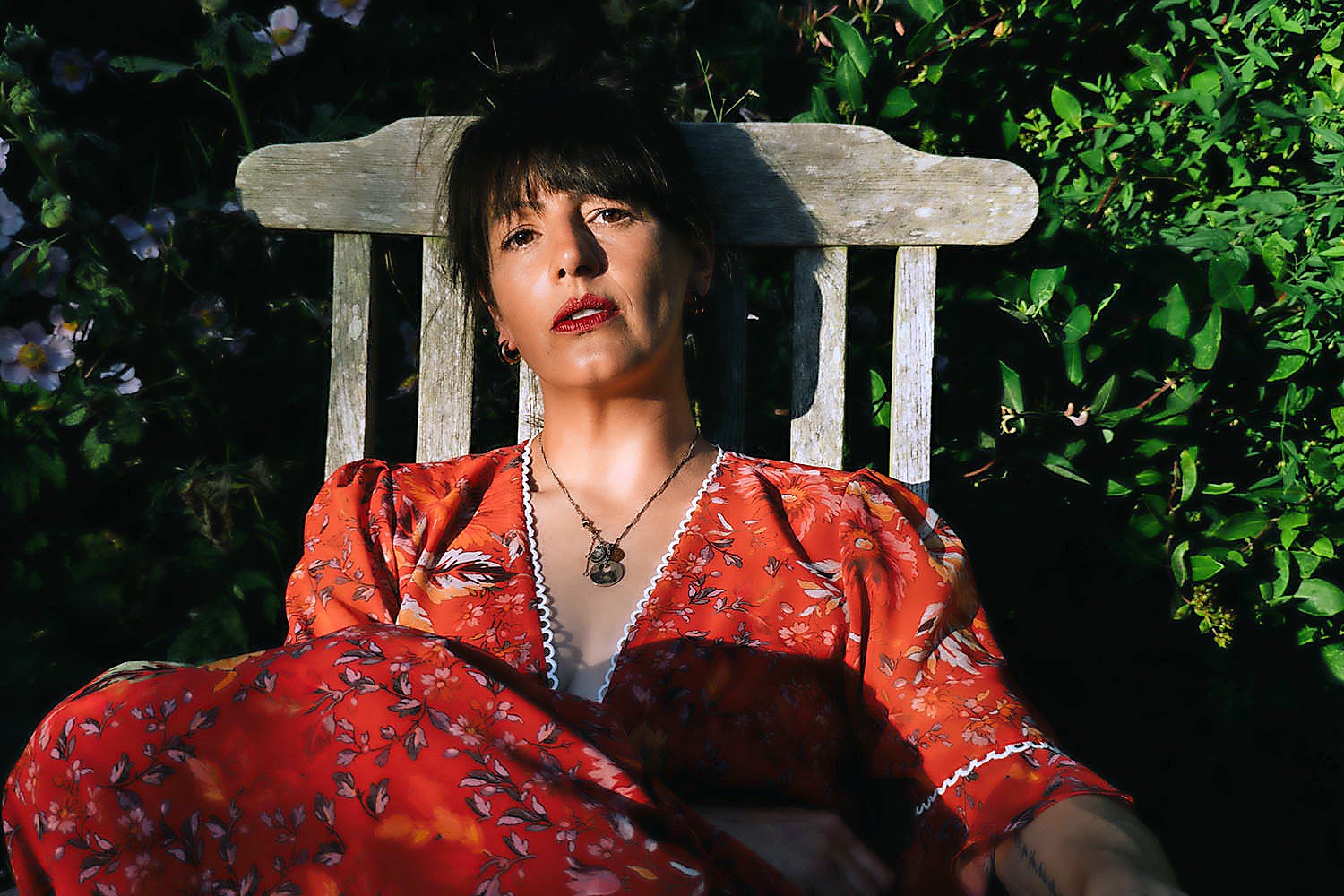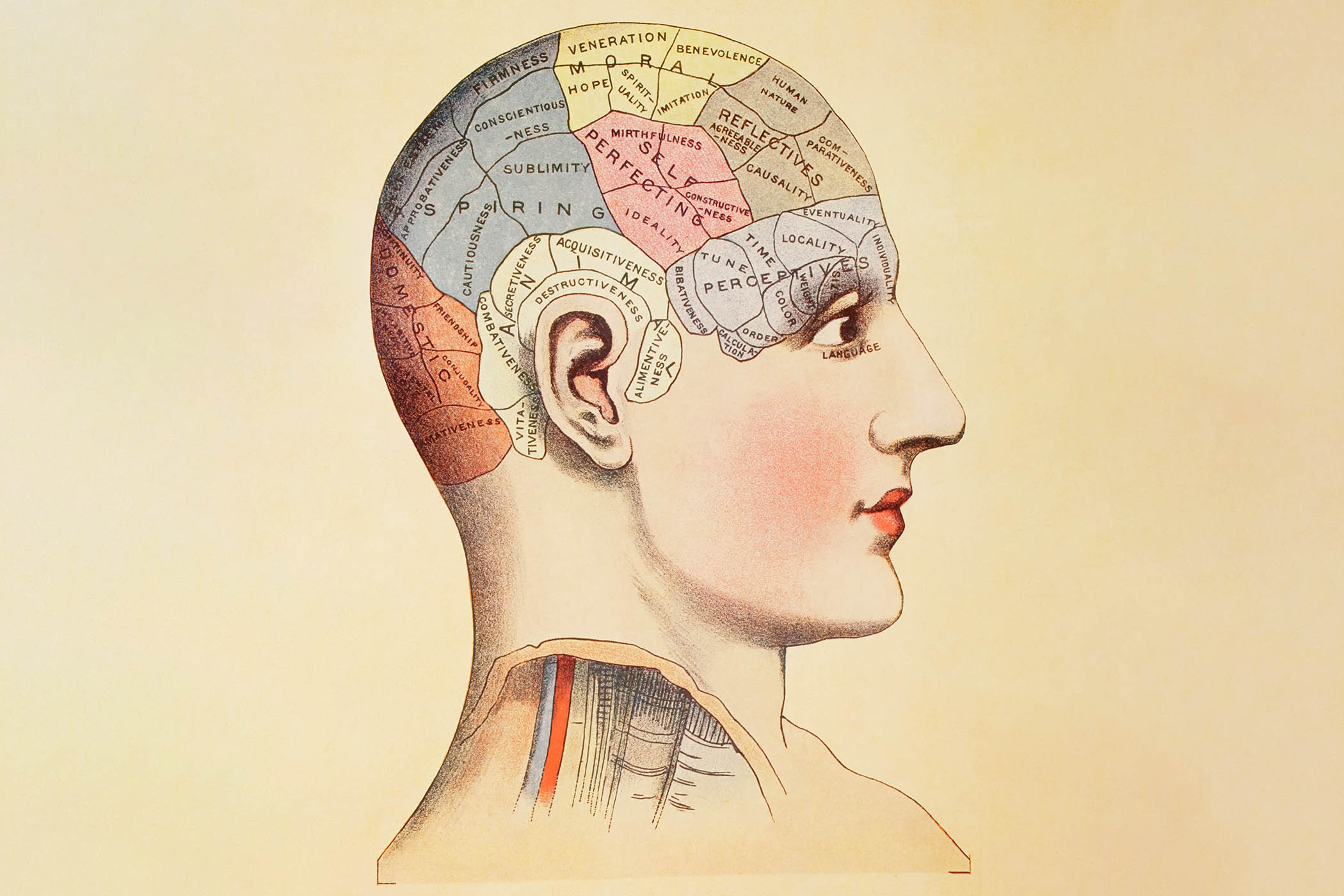All of Us Atoms
Holly Dawson
Canongate, £18.99, pp304
All of Us Atoms, Holly Dawson’s playful, tender, form-busting memoir, opens in the narrative voice of the author’s brain, an organ that is at once part of her and separate, able to regard and address her apologetically from a distance.
“Holly” has been forgetting things, mixing up words; now a hospital consultant is running her through basic memory tests (“cognitive Crufts”), and her brain is aware that it is publicly embarrassing her:
“Don’t be cross with me, my love. I am tired. It is so tiring, being your brain. Between your ears hearing a word and your mouth repeating it, I am doing all this work you don’t see. The doctors know this work, because they see me as your Body. But you see me as your Mind. I am you. You are me.”
Dawson – who is a playwright, and reader-in-residence at Charleston – has epilepsy, and a scan of her errant brain also reveals a benign tumour and calcification; at barely 40, she faces the prospect of losing words and memory. “Three gifts, co-dependent, that create and sustain each other: language, memory, time.” For a writer who has also been a precocious reader since her earliest memories, the injustice is brutal: “My brain is all I’ve got,” she tells a friend.
The prognosis is uncertain; while there is still time, then, her brain urges her to shore fragments against her ruins. “Take your notebook. This page is the bridge between your Body and your Mind.”
There are times in the most personal chapters when you feel almost like an intruder
There are times in the most personal chapters when you feel almost like an intruder
This division of the self into multiple identities is not news to Dawson, who recalls her first brush with the power of words in a vivid memory from childhood: when she was moved to tears watching the film of Shakespeare’s Henry V with her grandmother, her first understanding “that your one little body housed thousands of selves”.
What follows is a deliberately disjointed tour through the various iterations she has inhabited over her life: the Sister, the Dancer, the Girl Who Read Woolf, the Mother, sometimes just “the woman”.
Newsletters
Choose the newsletters you want to receive
View more
For information about how The Observer protects your data, read our Privacy Policy
Narrative perspective switches accordingly: sometimes second-person, as if she is addressing another facet of herself; sometimes first-person plural, as in the section “The Smell of Our Skins”, so that her experience becomes communal, speaking for her whole peer group (“We are 11 years old and we own it, this dead-end, buzzing, rotting, stick-of-old-rock town”).
Sometimes she turns to third-person, as if the past self she describes has become an archetype or a character.
In the most raw and personal chapters, the second-person is addressed not to herself but to the people she loves most, her mother and her young sons. This hopscotching between viewpoints, in the hands of a less skilled writer, could have been gimmicky or irritating; Dawson makes it exhilarating, a fracturing of the habitual “I” of memoir to reveal new and unexpected facets.
“Your diary gave voice to them, let them all speak. It was something you did, still do, without thinking: IYouWeSheThey, all the same.”
This is memoir told obliquely. Names, places and chronology are left deliberately vague, but the fragments make up a picture of a bright child raised by a proud lineage of working-class women, fathers and husbands largely absent; women with little formal education but a wealth of imagination and love.
She imagines the inner lives of her grandmother and great-grandmother, inventing dialogue between them; in one chapter, she creates an entire biography for the elderly man who rented her Sussex cottage before her: “How much easier it is to imagine men than know them. Dead men are easiest. You can make them so nice.”
Through all these disparate chapters runs the insistent thread of mortality, the relationship with the body. As hers turns treacherous and unreliable, the book becomes a love letter to her sons: “You need to remember, because one day I won’t. And if love is anything it is this: an archive of everything our lives have been together.”
There are times, in these most intimate of chapters, when the reader feels almost like an intruder, and yet Dawson’s gift for distilling these profound feelings allows us to map her experiences on to our own. All of Us Atoms contains multitudes; it’s a celebration of the ties that bind us to one another, of the strength of women, and of the power of words to connect us and carry us forwards.
All of Us Atoms by Holly Dawson (Canongate Books, £18.99). Available soon from our new shop observershop.co.uk. Delivery charges may apply.
Photograph Silvia Varela


